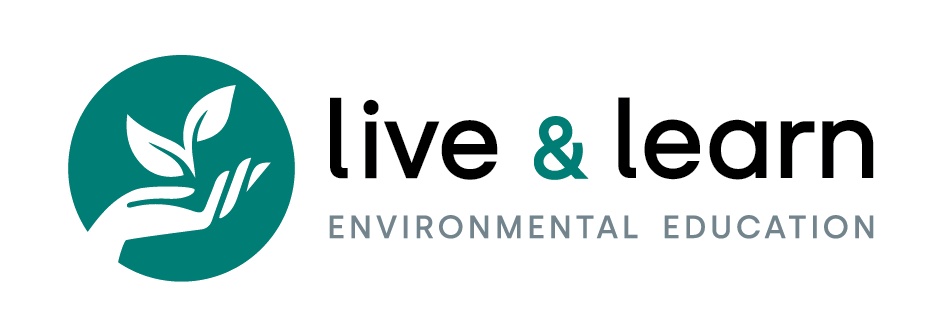Papua New Guinea
The New Ireland Community Water Safety Planning Resources include sanitation inclusion cards, sanitation info sheets, WASH operations and maintenance checklists and water safety info sheets. All of which are designed to share knowledge and help communities improve their water, sanitation and hygiene practices.
Read MoreThe Western Pacific Sanitation Marketing and Innovation Program (WPSMIP) addresses the sanitation challenges in informal urban settlements in four countries – Papua New Guinea, Solomon Islands, Fiji and Vanuatu – by adopting a demand-driven approach.
Read MoreLive & Learn and Plan International Australia has produced three A1 posters that illustrate watershed management to assist with community-based water security improvement planning in the Solomon Islands. The posters can be used together with…
Read MoreLive & Learn Papua New Guinea and the New Ireland Provincial Government are partnering with Schneider Electric to improve access to energy infrastructure to boost community development and services. Currently only 13 percent of people…
Read MoreThis is a practical training manual prepared for community workers providing training to community-based sanitation enterprises in Vanuatu in how to advise customers on selection of appropriate toilet design, and safe location of different types of…
Read MoreThis resource is a collection of health promotion posters for the South Pacific to share messages concerning safe practices to prevent transmission of COVID-19. Live & Learn has a strong history of implementing water, sanitation and hygiene projects and these…
Read MoreThis guide provides an overview of the Live & Learn WASH in Schools approach, and serves as a guide for the larger WASH in Schools programs implemented by Live & Learn with other partners in Papua New Guinea, Solomon Islands, Vanuatu and elsewhere.
Read MoreThis guide is used by school Water, Sanitation and Hygiene Committees, school teachers and student WASH Clubs to successfully operate and maintain school water, sanitation and hygiene facilities.
Read MoreWASH in Schools programs must address many activities, including construction of water, sanitation and hygiene facilities, hygiene education and promotion, operations and maintenance support, and advocacy. The Bottleneck Analysis is the foundation tool that Live &…
Read More








